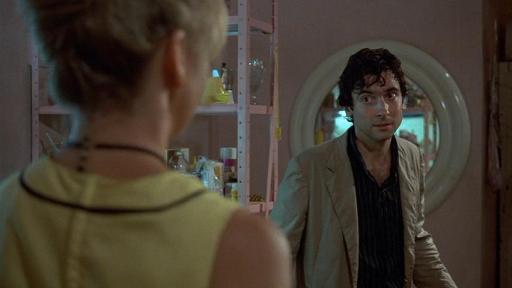

  | |
| Photo © 1985 Warner Bros. Pictures/The Geffen Company | |
| VOR: | (3) (What is this?) |
| Golden Globe Nominations: | |
| Best Actor (Musical/Comedy): Griffin Dunne | |
| Other Awards: | |
| Cannes Film Festival: Best Director | |
| Independent Spirit Awards: Best Picture; Best Director | |
| Permalink | Home | 1985 | ABC |